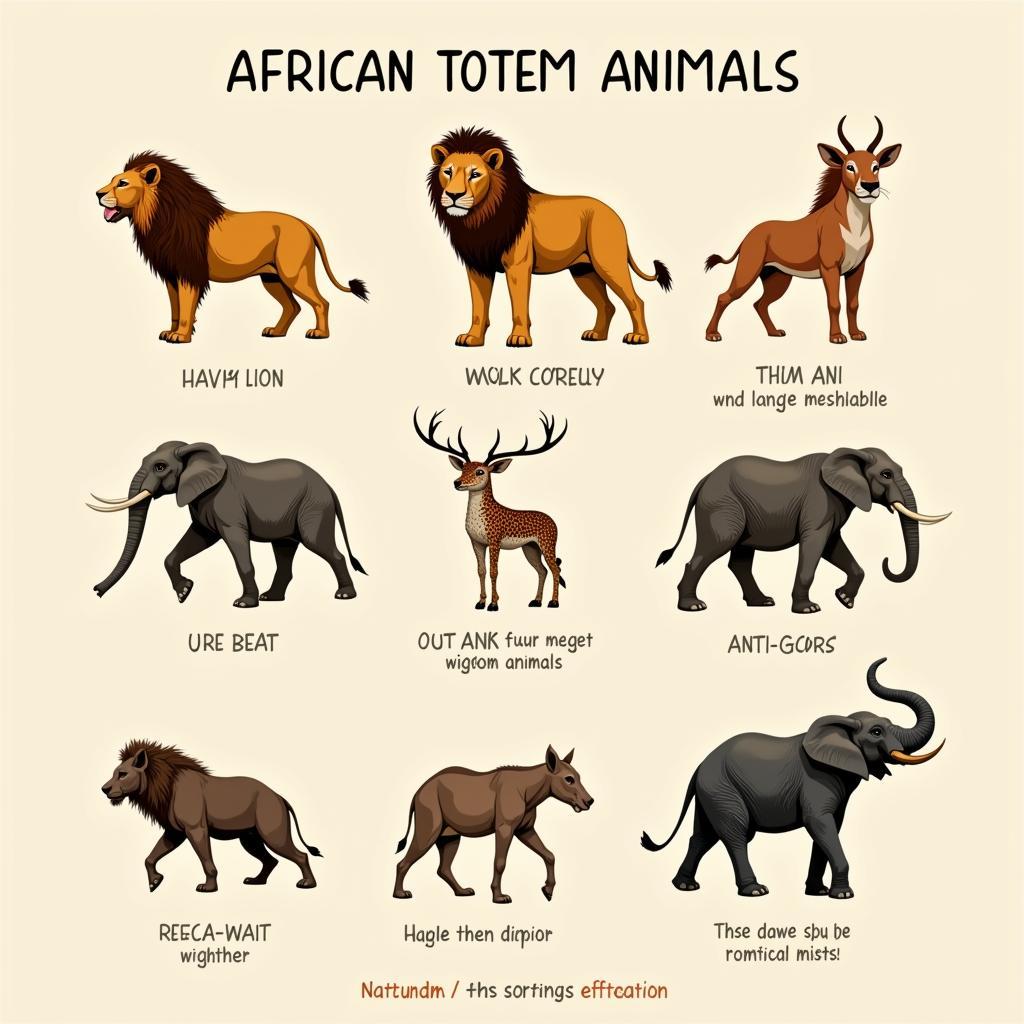African American Vernacular English: Features and Origins
African American Vernacular English (AAVE), also known as Black English, is a vibrant and complex language variety spoken by many African Americans in the United States. It has a rich history and unique linguistic features that make it a fascinating subject of study. Understanding AAVE is crucial for appreciating its cultural significance and for promoting inclusivity and linguistic diversity.
This article delves into the key features and origins of AAVE, highlighting its evolution and impact on American culture. We’ll explore its grammatical structures, phonological patterns, and vocabulary, as well as its historical roots and cultural significance.
The Roots of AAVE: A Historical Perspective
AAVE has its origins in the transatlantic slave trade, where enslaved Africans were brought to the Americas. The language developed as a blend of different African languages and English, creating a unique linguistic system that reflected the social and cultural experiences of enslaved people.
Influences from African Languages
Numerous African languages contributed to the formation of AAVE, resulting in distinct phonological features and grammatical structures. For instance, the use of “be” as a habitual marker, as in “He be working,” is believed to have originated from West African languages.
The Role of Plantation Life
The shared experiences of enslaved people on plantations further shaped the development of AAVE. The need for communication among enslaved Africans from diverse language backgrounds led to the creation of a common language with simplified grammatical structures and shared vocabulary.
Resistance and Cultural Identity
AAVE played a vital role in preserving cultural identity and fostering resistance among enslaved Africans. It served as a secret language, allowing enslaved people to communicate with each other without their captors understanding.
Key Features of AAVE: Exploring the Linguistic Landscape
AAVE exhibits distinct linguistic features that set it apart from other dialects of English. These features include:
Phonological Features
- Consonant Cluster Reduction: AAVE often reduces consonant clusters at the end of words, such as “walkin'” for “walking” or “hand” for “hand.”
- Vowel Reduction: Unstressed vowels in AAVE can be reduced, leading to changes in pronunciation, such as “about” becoming “bout.”
- Deletion of Final Consonants: In some instances, final consonants may be deleted, for example, “ask” becoming “as.”
Grammatical Features
- Habitual “be”: AAVE uses “be” to indicate habitual actions, as in “He be working,” which signifies that he regularly works.
- Zero Copula: In AAVE, the verb “to be” can be omitted in certain contexts, such as “She tired” instead of “She is tired.”
- Double Negation: AAVE employs double negation, as in “I don’t know nothing,” which is grammatically correct within the dialect.
Vocabulary and Idioms
AAVE has a rich vocabulary that reflects its unique cultural experiences. This includes:
- Borrowed Words: AAVE has borrowed words from African languages, such as “gumbo” and “tote.”
- African American Vernacular English Idioms: AAVE has developed its own idioms, such as “throw shade” and “catch a vibe,” which convey specific meanings.
Understanding AAVE: Dispelling Myths and Promoting Respect
AAVE is often misrepresented and misunderstood, leading to stereotypes and prejudice. It is crucial to recognize that AAVE is a valid and complex linguistic system with its own rules and grammar.
Respect for Linguistic Diversity
AAVE is a testament to the diversity and creativity of language. It should be treated with the same respect as any other language variety, recognizing its historical significance and cultural value.
Linguistic Justice
AAVE speakers deserve the same linguistic rights and opportunities as speakers of other dialects. This includes access to quality education, healthcare, and other services that are sensitive to linguistic differences.
The Enduring Legacy of AAVE: A Cultural Force
AAVE has left an enduring legacy on American culture, influencing music, literature, and popular culture. Its impact can be seen in the works of African American writers, musicians, and artists who have used AAVE to express their identity and creativity.
AAVE in Music
AAVE has been a significant influence on African American music, particularly in genres such as blues, jazz, and hip-hop. Its rhythmic patterns, vocabulary, and cultural references have shaped the sound and lyrical content of these musical traditions.
AAVE in Literature
African American authors have used AAVE in their works to capture the voices and experiences of their characters. The use of AAVE in literature has helped to challenge linguistic stereotypes and promote cultural understanding.
AAVE in Popular Culture
AAVE has become an integral part of popular culture, appearing in film, television, and social media. This exposure has brought AAVE to a wider audience, increasing awareness of its linguistic features and cultural significance.
The Future of AAVE: Embracing Diversity and Inclusion
The future of AAVE is bright. As America becomes increasingly diverse, it is essential to embrace the richness of its linguistic landscape, including AAVE. Recognizing and respecting AAVE is not only a matter of linguistic justice but also a celebration of the cultural tapestry of the United States.
Expert Opinion:
“AAVE is not a broken or inferior form of English. It is a fully developed linguistic system that reflects the cultural history and experiences of African Americans. Understanding and respecting AAVE is essential for promoting linguistic diversity and creating a more inclusive society.” – Dr. Jasmine Edwards, Sociolinguist
Conclusion
African American Vernacular English is a unique and dynamic language variety that has played a significant role in the cultural and linguistic history of the United States. From its origins in the transatlantic slave trade to its influence on popular culture, AAVE is a testament to the power of language and its role in shaping identity and community. As we move forward, it is crucial to recognize and celebrate AAVE as a valuable and integral part of the American linguistic landscape.
FAQ
1. What is the difference between AAVE and standard English?
AAVE and standard English are distinct language varieties with their own rules and grammar. AAVE exhibits unique phonological features, grammatical structures, and vocabulary that set it apart from standard English.
2. Is AAVE a dialect or a language?
The distinction between dialects and languages is often debated. AAVE is generally considered a dialect of English, meaning it shares a common linguistic ancestry with other dialects but has its own distinct features.
3. Why is it important to study AAVE?
Studying AAVE provides valuable insights into the history, culture, and linguistic diversity of the United States. It also helps to challenge linguistic stereotypes and promote respect for all language varieties.
4. How can I learn more about AAVE?
There are numerous resources available for learning about AAVE, including academic journals, books, and online articles. You can also engage with AAVE speakers to gain a deeper understanding of the language and its cultural significance.
5. Is it appropriate to use AAVE in formal settings?
The appropriateness of using AAVE in formal settings can depend on the context and audience. It is important to be mindful of the social and cultural implications of language use and to avoid appropriating or misrepresenting AAVE.
6. What are some common misconceptions about AAVE?
AAVE is often misrepresented as being incorrect or ungrammatical. It is essential to recognize that AAVE is a valid and complex linguistic system with its own rules and grammar.
7. How can we promote linguistic justice for AAVE speakers?
Promoting linguistic justice for AAVE speakers involves ensuring that they have equal access to education, healthcare, and other services that are sensitive to linguistic differences. This includes providing resources and support to help AAVE speakers develop their language skills and achieve their full potential.
In need of further information?
Don’t hesitate to contact us! We’d be delighted to answer any questions you may have.

